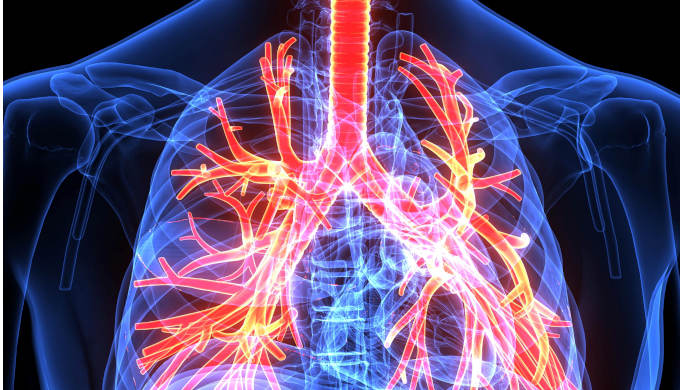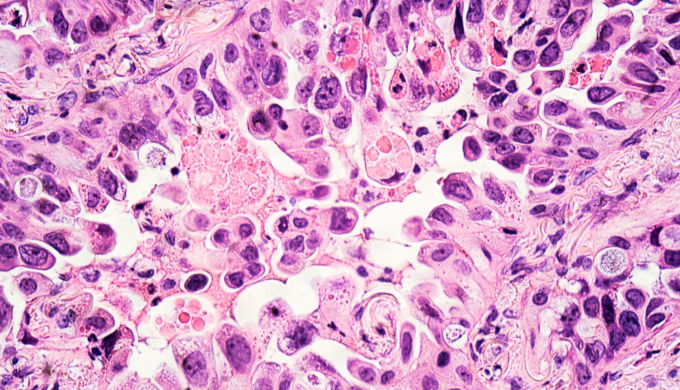Unrestricted oral feedings reported by caregivers and affected persons across severity of SMA

Maureen Lefton‐Greif talks about a study showing that unrestricted oral feeding – measured using a modified version of the FOIS scale – is more common in adults with less severe types of spinal muscular atrophy, and that some loss of function occurs over time.
Feasibility of assisted 6-minute cycle test shown in non-ambulatory SMA patients

Tina Duong talks through a real-world follow-up study demonstrating that treatment with nusinersen is associated with continued stabilization of motor function over 2–3 years among adult patients with spinal muscular atrophy.
Nusinersen treatment may improve aerobic capacity in adult SMA patients

Jacqueline Montes discusses the results of a post-hoc analysis demonstrating a significant improvement in aerobic capacity among adult patients with spinal muscular atrophy treated with nusinersen (3:03).
Treatment linked to continued stabilization of motor function in adults with SMA

Tina Duong talks through a real-world follow-up study demonstrating that treatment with nusinersen is associated with continued stabilization of motor function over 2–3 years among adult patients with spinal muscular atrophy.
Study identifies miRNAs upregulated in SMA

Emanuela Abiusi outlines the results of a study showing that certain microRNAs are upregulated in muscle biopsy and serum samples taken from people with spinal muscular atrophy, and discusses the potential of these microRNAs as a target for SMN-independent therapies (4:46).
EAN 2020 | Teriflunomide shows benefits in children with relapsing forms of MS

Tanuja Chitnis tells us about the TERIKIDS study showing a numerical reduction in clinical relapse risk and a significant reduction in time to clinical relapse with teriflunomide in paediatric patients with relapsing-remitting multiple sclerosis (5:29).
Perioperative immunotherapy for NSCLC: Perspectives from an oncologist and a surgeon

Martin Reck and Hans Hoffmann discuss the optimal clinical trial endpoints and patient selection for neoadjuvant and adjuvant immunotherapy for resectable non-small-cell lung cancer (14:58).
Impower010 trial update confirms adjuvant atezolizumab efficacy for patients with high PD-L1 expression

Nasser Altorki talks through the high PD-L1 expression sub-analysis findings from the IMpower010 trial of adjuvant atezolizumab versus best supportive care for stage II–IIIA NSCLC (5:37).
Neoadjuvant osimertinib shows promise for EGFR-mutated NSCLC

Chao Lyu discusses the final efficacy and safety results from the NEOS trial, demonstrating the benefits of osimertinib for EGFR-mutated resectable stage II–IIIB lung adenocarcinoma in the neoadjuvant setting (4:03).
IND-enabling studies support further evaluation of SMARD1/CMT2S gene therapy

Kathrin Meyer talks about IND-enabling efficacy and safety studies of IGHMBP2 gene therapy in animal models spanning the disease spectrum of spinal muscular atrophy with respiratory distress type 1/Charcot-Marie-Tooth disease type 2S, the results of which support progression into phase 1 and 2 clinical trials (2:46).